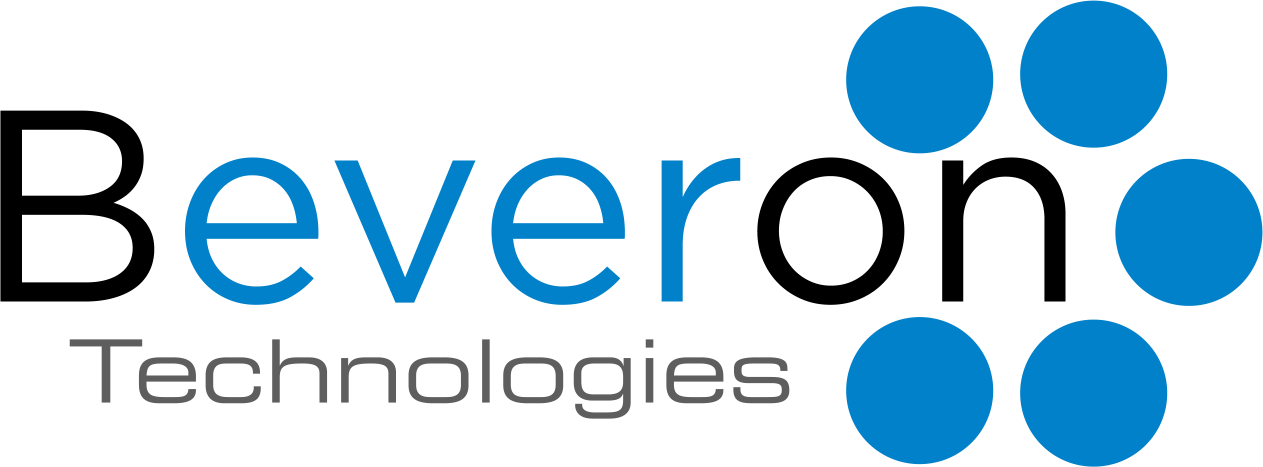How can Legal Tech reduce routine admin work

Heard anyone ever saying “I absolutely love repetitive administrative work!” ? You won’t, ever!!And yet, office workers spend around 600 hours a year completing routine non-billable administrative tasks.You may be under the impression that your fragmented system involving multiple programs and manual processes works just fine, and truth be told, you aren’t alone. Many legal departments hold onto legacy solutions because they’re worried about the time, effort, and money it will take to upgrade.But the truth is these outdated systems are already wasting your time and money 600 hours is nearly 14 full work-weeks spent on basic admin duties.Now, please don’t just take our word for it. Let’s see how legal technology tech adapted for the legal sector takes the grunt work off your plate.
LegalTech automates manual work
Data gathering and data-entry are part of most jobs in the legal sector today, but do you know that they don’t have to be handled manually? With the right AI based legal management software, you can quickly automate time-consuming data gathering and reduce (or even eliminate!) redundant data entry.Your in-house legal team can avoid creating complex spreadsheets and repetitive activities by automating routine departmental procedures like invoice approvals, legal billing guidelines enforcement, accruals collection, and contract lifecycle management. With the extra time, employees can focus on high- value, expert-level and billable work.
Streamlines Document Management
A single corporate legal case / matter can involve hundreds or even thousands of documents. When you’re working across departments and collaborating with outside firms, document organization gets complicated in the blink of an eye, without you even realizing it. It may not seem like a big deal to spend five minutes looking for a file, but eventually it all adds up. A McKinsey survey has revealed that employees spend nearly 20% of their workweek — i.e around eight hours — searching for and gathering information.When you use in-house legal counsel software, you automatically prevent these disruptions by organizing documents in a logical way. LegalTech takes it a step further by categorizing documents by matter and linking related documents together. For instance, an IP management matter may have hundreds of patent prosecution documents, filings, and notes associated with it. With a good legal automation platform designed for legal teams like Beveron’s Smart Legal Counsel, you can associate each file with the main matter.
Deeper integrations allow for multitasking
In a normal work-day, you most likely use several different tools like e-mails, invoices, case files, and legal research. Task switching — even if it takes a fraction of a second — can add up to a 40% loss in productivity over the course of a day. With integrations between all these different tools, you can reclaim that time by eliminating the need to switch between applications.Integrations also reduce / eliminate repeat data entry substantially by sending data to multiple applications all at once. This automatically prevents data inaccuracies that you’ll have to manually fix later. Additionally, you can connect your existing tools with other departments, such as finance and accounting, to minimize back-and-forth.
Simplifies Reporting with Data Collection and Monitoring
You can’t run an efficient legal department without reports, but the process of collecting data and putting it into a useful format can be labor-intensive.Legal technology allows you to define the metrics you want to monitor and then tracks them for you. So, if you want to keep an eye on outside counsel spend, you can set up reports that automatically track and filter spend by vendor, practice area, and average hourly rate.
To summarize…
Would you accept an invoice from an outside firm if a first-year associate billed at a partner rate? No, right? Then, why are you allowing your high-paid legal ops employees to waste time on menial, repetitive administrative tasks? Legal technology is designed from the ground up to save you from boring, low-value, repetitive tasks while also saving you money.










